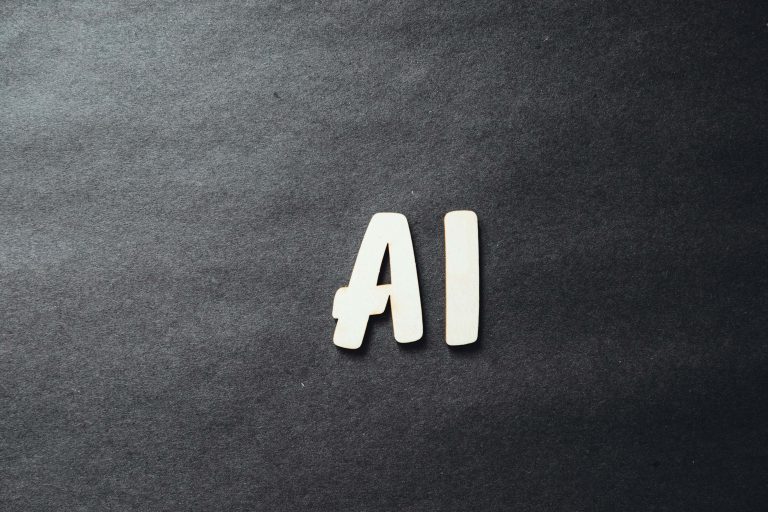Artificial Intelligence (AI) is reshaping how we approach mental health—not replacing human touch but enhancing it in profound ways. Whether it’s detecting early signs of depression through voice analysis or offering 24/7 support via chatbots, AI is making mental health care more accessible and personalized.
Take Woebot, an AI-powered chatbot designed to deliver cognitive-behavioral techniques in conversational form. Available anytime, anywhere, it’s a lifeline for those who might otherwise delay seeking help. Similarly, predictive algorithms can analyze vast amounts of data to identify individuals at risk of mental health crises, allowing for timely intervention.
Yet, AI isn’t without challenges. Ethical concerns around data privacy and the potential for bias in algorithms demand careful oversight. The key is to strike a balance between leveraging AI’s capabilities and ensuring human-centered care remains at the forefront.
Actionable Takeaways:
- Embrace hybrid care: Combine AI tools with traditional therapy to maximize impact.
- Advocate for transparency: Push for ethical AI practices, especially regarding data use.
- Educate users: Ensure clients understand the role and limitations of AI in their care.


